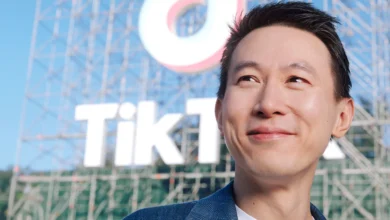Early investments yield profitable results; Basics of investing
To start early is the key to a successful roadmap, as compound interest will prove to be your best buddy over time.

Money or time? Which one is more powerful? When it comes to investment, the answer is pretty simple, money is dependent on time, and time proves to be more powerful here.
The longer you can retain your investments, the more valuable they tend to become.
But to start early is the key to a successful roadmap, as compound interest will prove to be your best buddy over time.
It’s good to know the benefits of starting early:
- In the long run, your money may in fact grow – Your money has the highest potential of long-term growth through investing.
Assuming, for illustration, that you invested Rs. 10,000 and that return was compounded annually:
After five years, the pot would be worth Rs.12,166.53 if you deposited the money in a savings account paying you 4% interest.
In contrast, the same money would be worth Rs. 13,382.26 in five years if you invested the money (assuming 6% growth).
It would actually be worth even less in real terms because inflation has the effect of reducing the purchasing power of the money in your savings account.
- Having money saved up isn’t always enough – It’s crucial to keep some cash on hand in an account with convenient access. However, if you have significant savings, it might not be the greatest option to keep everything in cash.
This is especially true at a time when trends show that items are getting more expensive at a quicker rate. Banks and building societies currently offer relatively modest interest rates, but they are insufficient to combat inflation.
This implies that the value of your life savings is actually decreasing if you leave them in an account that performs poorly or even averagely.
- The impact of compound interest – Ever heard something called ‘snowball effect’? If not, you’re just at the right place to learn and apply it. A snowball effect is a process that begins with a small initial state of significance and builds upon itself, becoming larger, and potentially beneficial, at least in the world of investments, provided the work is done in a smart and safe way.
An investment may perform better if you allow it more time to mature, ideally 5 years at the very least. Your initial investment, along with any yearly returns, will continue to generate returns over time.
It’s a snowball effect since any gains you might make and subsequently reinvest are actually likely to expand in value over time, causing your money to grow at a quicker rate.
It’s critical that you comprehend the types of risks involved with investments because they all contain varied levels of risk. Your investments’ value may increase or decrease, and you might get back less than you invested.
With investments comes risk, and in an online world where purchase with credit card lures you,
don’t fall for credit sales, whether they are for a credit card or a personal loan. Saying NO repeatedly is crucial.
Consider term insurance. For example, if you paid R50 lakh, you could only receive 10 times your yearly salary. However, since you are not really dependent on anyone, this amount is not too bad.
If your parents haven’t already opened one for you, open a PPF account.
In your office, make sure to choose the provident fund; it will be beneficial in the long run.
A fund house close to your residence is a good choice if you are unsure which mutual fund house to choose, with some respectable fund houses like Birla, UTI and Nippon, you have many options. Make sure you are familiar with and comprehend mutual funds.
Avoid attempting to time the market
Last but not the least- To time the market is a bad idea. It rises and descends. The upward trend has been constant. Either Bernard Baruch or Baron Rothschild said, “I got rich buying too late and selling too soon.” : Two states of Congress; Rahul abuses Adani in Kerala while Gehlot seeks investment from Adani in Rajasthan


